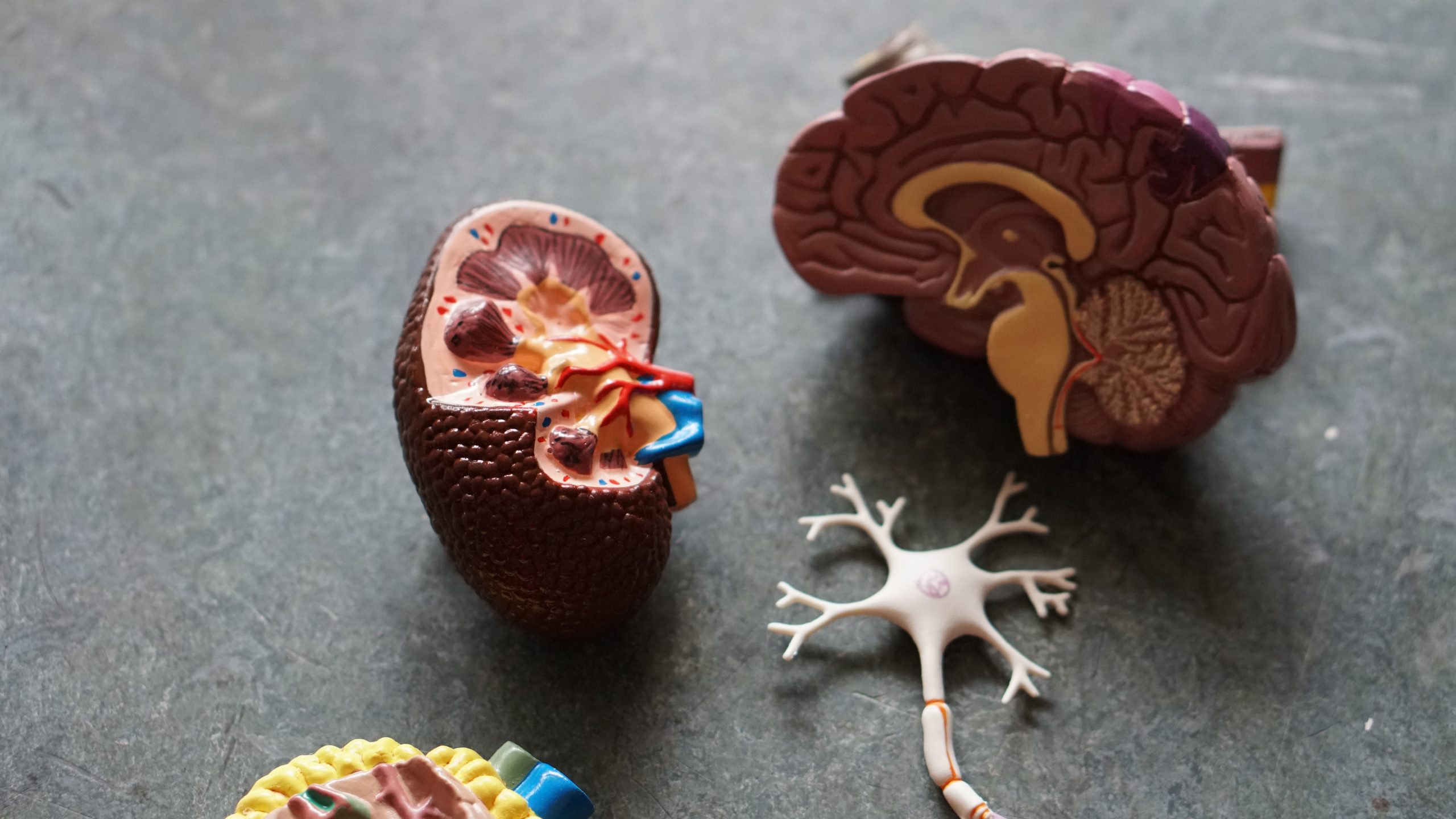Kidney failure is a serious medical condition that occurs when the kidneys are no longer able to filter waste products from the blood effectively. It can be caused by a variety of factors, including diabetes, high blood pressure, and other medical conditions. If left untreated, kidney failure can progress to end-stage renal disease, which requires dialysis or a kidney transplant to manage. However, early detection and treatment can prevent or slow the progression of kidney disease. In this article, we will discuss the importance of early detection in preventing kidney failure.
Why early detection is important
The kidneys are vital organs that play a crucial role in maintaining our overall health. They filter waste products from the blood and help regulate blood pressure, electrolyte balance, and red blood cell production. When the kidneys are damaged, they may not function properly, leading to a buildup of waste products and fluid in the body. This can cause a range of symptoms, including fatigue, swelling, and difficulty concentrating.
Early detection of kidney disease is important because it allows for prompt treatment, which can prevent or slow the progression of the disease. If kidney disease is caught early, it may be possible to manage it with lifestyle changes, medications, or other interventions. In some cases, early treatment can even reverse the damage to the kidneys and restore their function.
How to detect kidney disease early
There are several ways to detect kidney disease early, including:
- Blood tests: A blood test can measure the level of creatinine in your blood, which is a waste product that is filtered out of the body by the kidneys. High levels of creatinine may indicate that the kidneys are not functioning properly.
- Urine tests: A urine test can measure the level of protein in your urine, which can be an early sign of kidney disease. The test may also look for blood or other abnormalities in the urine.
- Blood pressure monitoring: High blood pressure is a common cause of kidney disease. Monitoring your blood pressure regularly can help detect high blood pressure early and allow for prompt treatment.
- Family history: If you have a family history of kidney disease, you may be at increased risk for developing the condition. Talk to your doctor about screening tests or other measures you can take to detect kidney disease early.
Conclusion
Kidney failure is a serious medical condition that can have a significant impact on your health and quality of life. However, early detection and treatment can prevent or slow the progression of kidney disease, reducing your risk of developing complications and improving your overall health. By getting regular check-ups, monitoring your blood pressure, and paying attention to any symptoms or changes in your health, you can help detect kidney disease early and take steps to manage it effectively. If you have any concerns about your kidney health, talk to your doctor about screening tests or other measures you can take to detect kidney disease early.




